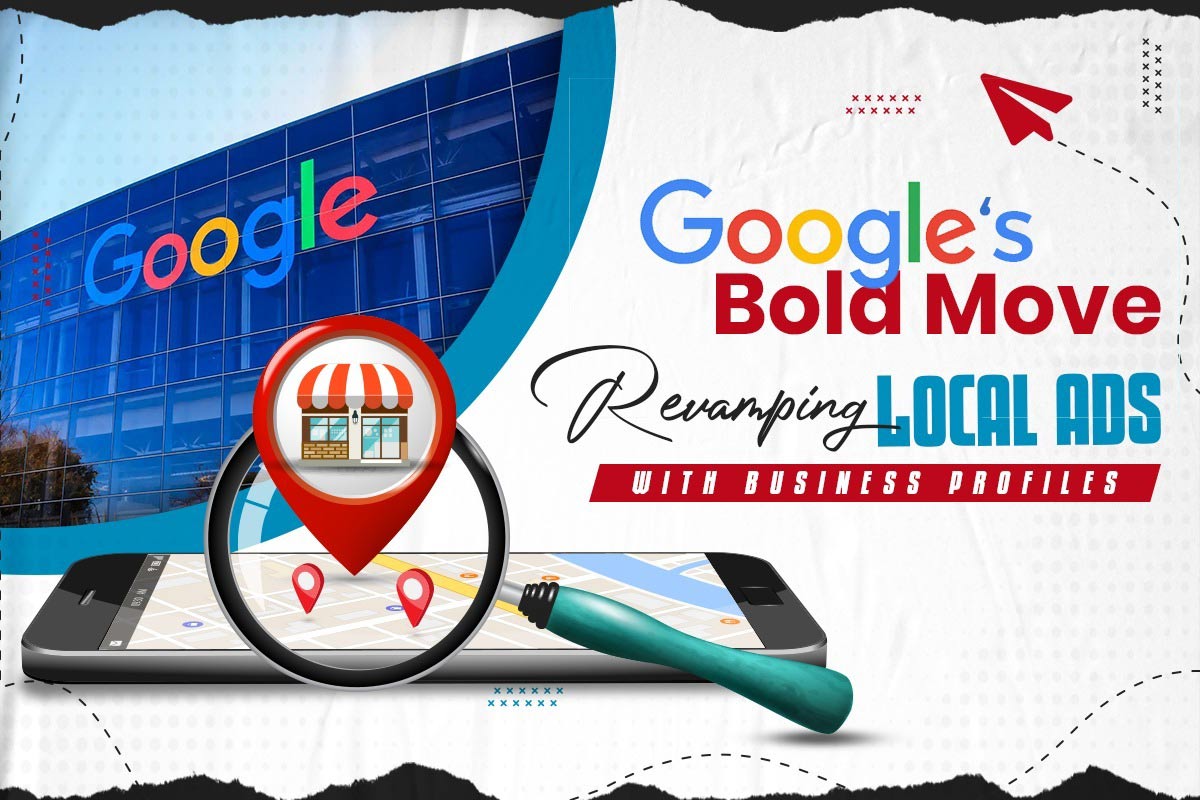
Digital marketing for startups is a critical aspect of building a successful online presence and driving business growth in today’s digital era. It involves leveraging various online marketing channels and strategies to promote a startup’s products or services, increase brand visibility, generate leads, and engage with potential customers. Here are some key aspects of digital marketing for startups:
- Website and Search Engine Optimization (SEO): A well-designed website that is optimized for search engines is the foundation of a startup’s online presence. SEO involves optimizing the website’s content, structure, and meta tags to improve its visibility in search engine results and drive organic traffic. This includes keyword research, on-page optimization, technical SEO, and link building.
- Content Marketing: Creating and distributing high-quality content is crucial for attracting and engaging target audiences. Content marketing involves creating and sharing relevant and valuable content, such as blogs, articles, videos, infographics, and social media posts, to educate, inform, and entertain potential customers. It helps establish the startup as a thought leader in the industry and builds trust with the target audience.
- Social Media Marketing: Social media platforms provide an excellent opportunity for startups to connect with their target audience, build brand awareness, and engage with potential customers. Social media marketing involves creating and managing social media profiles, posting regular updates, engaging with followers, and running targeted advertising campaigns on platforms such as Facebook, Instagram, Twitter, LinkedIn, and YouTube.
- Pay-Per-Click (PPC) Advertising: PPC advertising allows startups to drive targeted traffic to their website by placing ads on search engines or social media platforms. This includes platforms like Google Ads, Bing Ads, and social media advertising platforms like Facebook Ads, Instagram Ads, and LinkedIn Ads. PPC campaigns can be highly effective in generating leads and driving immediate results, but they require careful planning, keyword research, ad creation, and ongoing optimization to achieve maximum ROI.
- Email Marketing: Email marketing is a cost-effective way for startups to build relationships with their audience and nurture leads. It involves creating and sending targeted email campaigns to subscribers who have expressed an interest in the startup’s products or services. Email marketing can include newsletters, product updates, promotions, and personalized content to engage and retain customers.
- Influencer Marketing: Collaborating with influencers who have a strong following in the startup’s niche can help increase brand visibility, reach new audiences, and drive conversions. Influencer marketing involves identifying relevant influencers, building relationships, and working with them to create content or promote the startup’s products or services.
- Analytics and Reporting: Measuring the performance of digital marketing efforts is crucial for optimizing strategies and achieving better results. Using analytics tools like Google Analytics, startups can track website traffic, engagement, conversions, and other key metrics to gain insights into the effectiveness of their digital marketing campaigns. Regular reporting and analysis help in identifying areas of improvement and making data-driven decisions.
Digital marketing for startups requires careful planning, execution, and continuous optimization to achieve desired results. It is important to understand the target audience, set clear goals, and choose the right mix of digital marketing channels and strategies based on the startup’s objectives, budget, and resources. Working with experienced digital marketing professionals or agencies can be beneficial for startups to ensure a well-rounded and effective digital marketing strategy that drives growth and success in the competitive online landscape.









